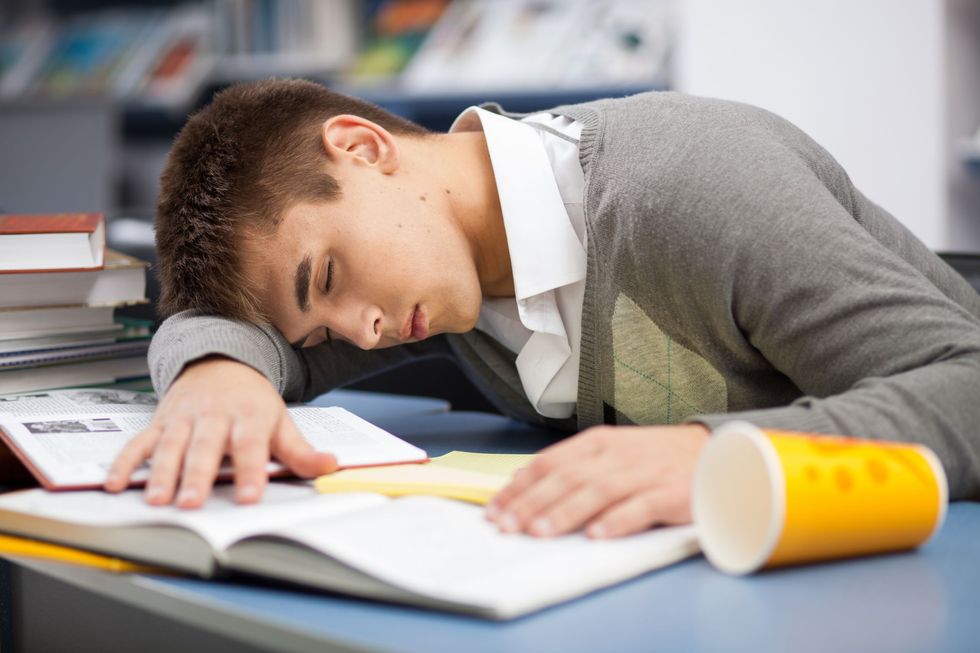Almost by definition, college kids are busy, and that means we don’t sleep much. However, there is a concerning impulse to brag about our lack of sleep that is damaging to student health and is worth bringing to our attention.
I first noticed this phenomenon back in high school among my peers in AP classes. The days of tests or papers, one student would start out by proudly exclaiming that he only got 5 hours of sleep last night. Another would counter that she only got three. And this process continued week after week. It seemed strange to me then, and still seems strange to me now, that a poor health habit is brag-worthy. People generally don’t brag about eating poorly or not working out. For the most part, there is a culture of encouragement around diet and exercise. However, no such culture of encouragement yet exists for sleeping.
Claim you want to start eating healthier, and you will likely be greeted by a chorus of encouragement. Say you want to start sleeping more, and you’ll likely get in return a series of strange looks, and perhaps even accusations of striving for laziness. There is a culture in schools that glorifies sleep deprivation. Students who function on 5 hours of sleep per night are almost revered. Certainly, the image of the normal college student includes bags under his or her eyes and a coffee near at hand. Why is this the case? Why is a culture of sleeplessness enforced among young people?
I would make the case that it comes back to the American conception of hard work and its supremacy in defining success. This country has long been one that views itself as a collection of workers, makers, and competitors. However, any cultural norm can be taken too far. When the competition to be the best becomes so vicious that health is sacrificed in the cause, this, to me, is a signal that the cultural norm of hard work has gone to too great of an extreme.
If we think about competitiveness in the classroom for a moment, the truly competitive student would understand that sleep is an important part of success. This is a rare situation where it is truly a win-win, and no one needs to lose. If the student decides sleeps more in order to feel better, the student will also do better academically. Both productivity and student health can win. On the other hand, that positive feedback loop can turn into a vicious cycle if reversed. If a student is sleep deprived, he or she will have to take more time to complete his or her work, meaning there is less time to sleep, and the cycle continues.
We can do our part to put ourselves on the right side of that cycle by not bragging about a lack of sleep and encouraging our peers to sleep more. Social forces can be incredibly influential in changing daily habits. The best way to stay consistent about going to the gym, for example, is by getting a gym buddy. If we shift the social expectation of what a good student looks like to one who gets enough sleep, we can get more people on the right side of the cycle, to the benefit of students and schools alike.
















